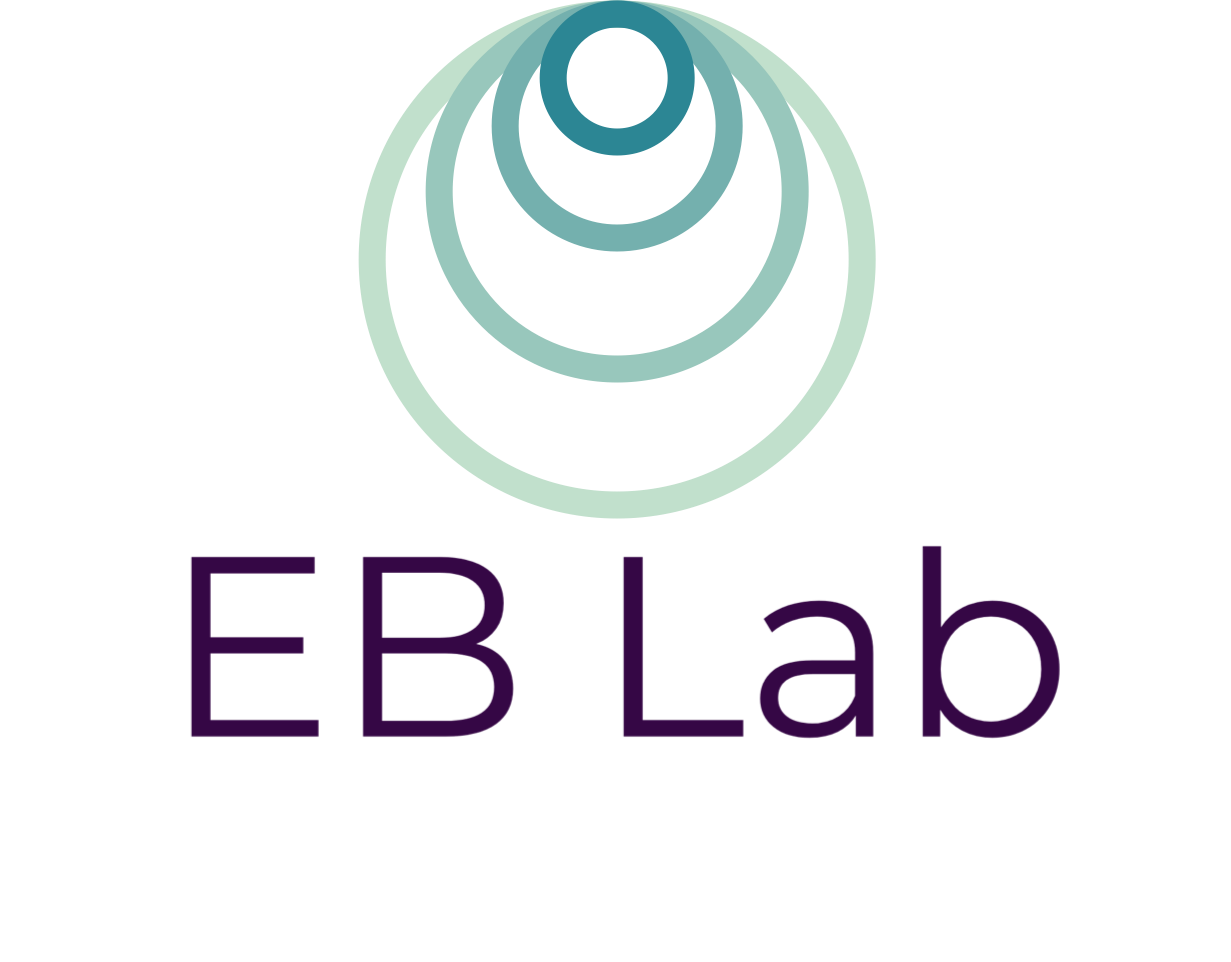Adrienne received a $520k NSF CAREER award!
You can read about Adrienne’s 5 year, $520k NSF Career Award on the University of Virginia news page. The grant is entitled “Applying the exploration-exploitation tradeoff to understand how people connect” and funds studies using mobile sensing, social network analysis, conversation paradigms, and novel laboratory paradigms.
Public abstract
Loneliness is on the rise and increases the risk of mental and physical health issues. Why are increasing numbers of people struggling to form and maintain social ties? Connecting with others takes time, energy, and sometimes money. These resources are limited, so people must decide which friendships, if any, are worth the investment. Should they join a club to make new friends? Or should they focus their time, energy, and money on strengthening their existing friendships? And how should they invest their time and energy during a conversation – by making small talk or delving deeper into a new topic? The answer depends on a person’s personality and goals. But it also depends on the context: for instance, whether a person is new to the community, how much turnover there is in the community, and whether the community is rich in resources or suffering from scarcity. This research asks if people adjust their social connection strategies to optimally fit the context. A mismatch between a person’s environment and the selected approach to socializing might increase the risk of becoming social disconnected. The findings are expected to inform future interventions aimed at reducing loneliness and improving the health of communities.
The current project examines how context influences people’s decisions to explore new opportunities in social connections versus exploit existing ones. Seven studies measure and manipulate social constraints in a given context to determine a) how people choose interaction partners, b) how they choose conversation topics, and c) the psychosocial consequences of social exploration and exploitation. Each study examines social behavior in a different context, including a computer game with hypothetical social partners, a classroom with peers, an online chatroom, a video call, and daily life on a college campus. The research combines controlled experiments and agent-based modeling with naturalistic behaviors captured by crowd tracking, mobile sensing, and topic analysis. Integrating the interdisciplinary explore-exploit framework with social psychology advances an understanding of the causes and consequences of everyday social choices.
